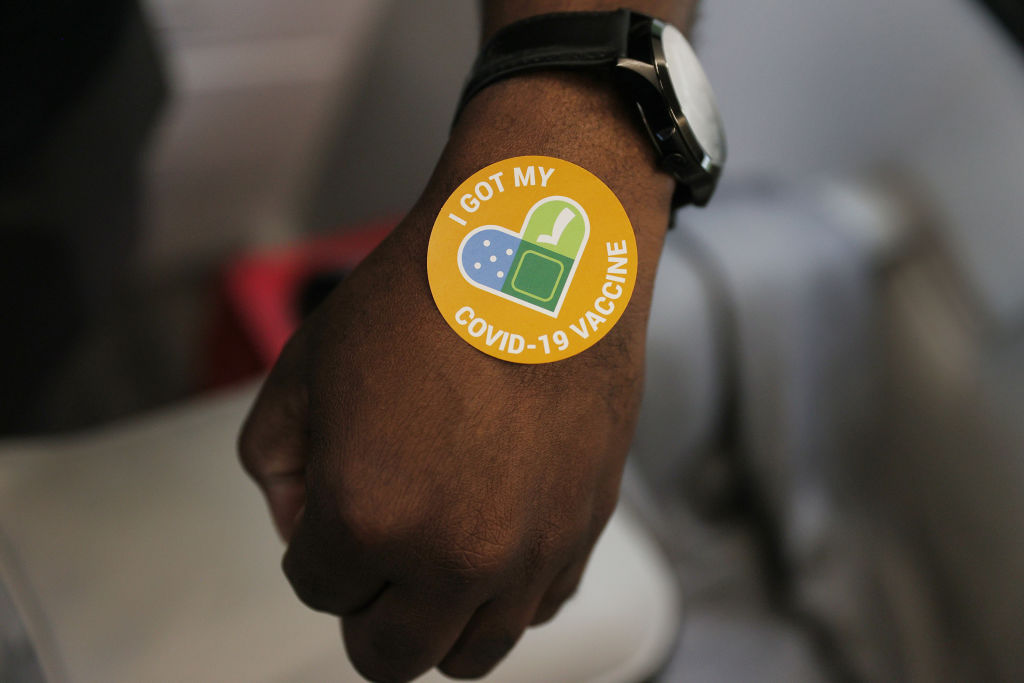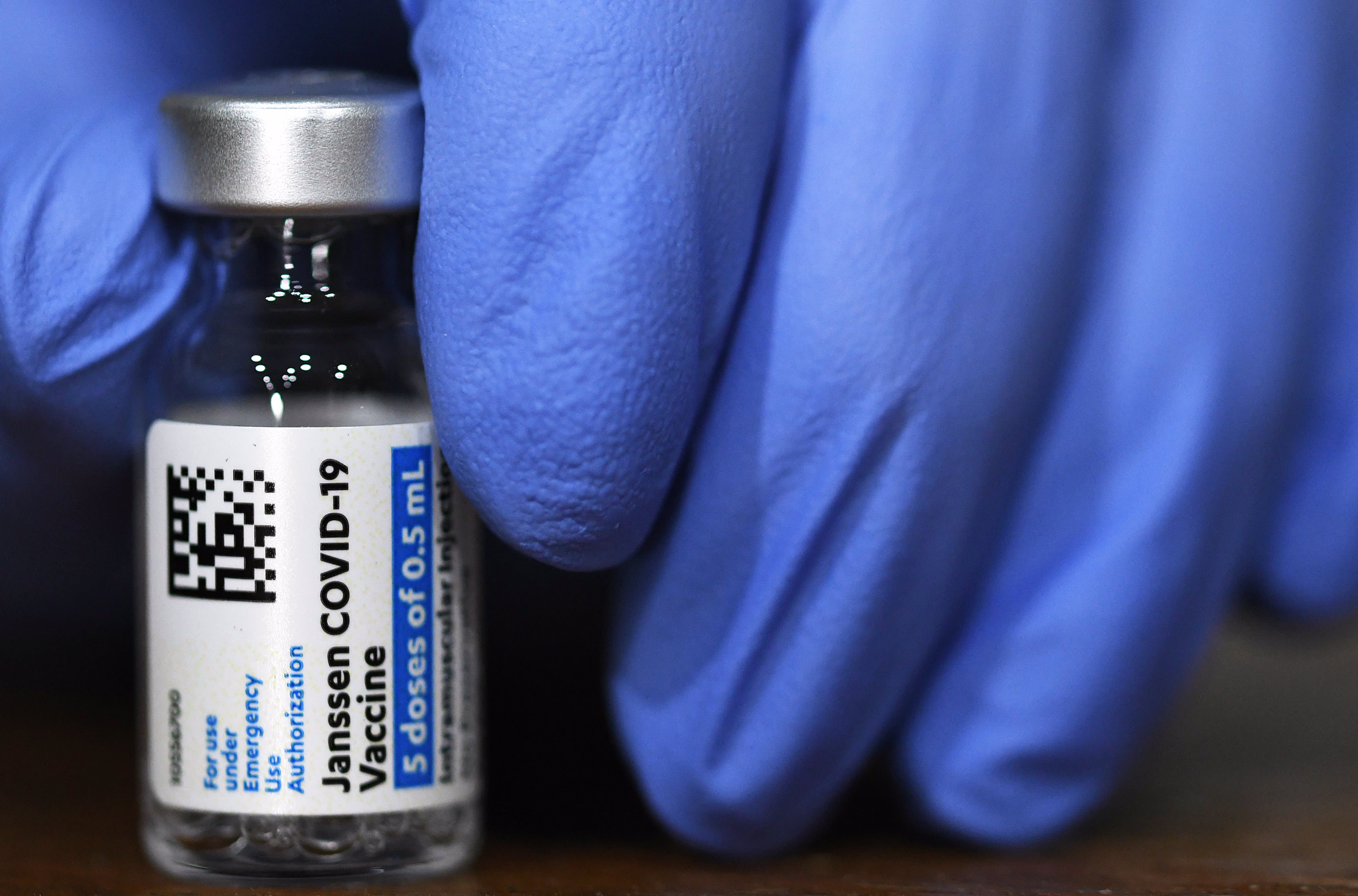Another potential setback for the Johnson & Johnson COVID-19 vaccine — a new study suggests the one-dose shot may be less effective at battling the delta variant than other vaccines, the New York Times reported.
The highly contagious delta variant now accounts for 83% of new cases in the United States.
The study — first published in the Times — found that the antibody levels in those who received the Johnson & Johnson shot may be low enough to be less protective.
Get South Florida local news, weather forecasts and entertainment stories to your inbox. Sign up for NBC South Florida newsletters.
Dr. Joshua Lenchus of Broward Health emphasized that the study has not yet been peer-reviewed.
"I think the takeaway is that it should not dissuade anyone from getting a vaccine, whether it's J&J, Pfizer or Moderna in the U.S.," he said.
The authors of the study say the data suggests those who got the single dose should consider getting a second shot of any of the vaccines available.
"As previously reported, Phase 3 studies demonstrated that a single-shot of the Johnson & Johnson COVID-19 vaccine was 85% effective at protecting against severe disease and provided complete protection against hospitalization and death," a Johnson & Johnson spokesperson said in a statement. "While the Landau, et al, data provide some insight into a single aspect of immune response engendered by COVID-19 vaccines, the data do not speak to the full nature of immune protection."
Laura Matheric and her husband actually did get two Johnson & Johnson shots as part of a study back in February that has since been unblinded.
CORONAVIRUS LATEST
"We just kind of felt like two doses were probably better than one," she said.
The research is ongoing. Matheric goes back in September to have her blood drawn.
The latest news doesn't change her feelings other than being a reminder that the pandemic is not over.
"I do feel protected. My husband and I are very happy we did the study, doing our part to help science," she said. "I just think it confirms the point that masks, social distancing, and handwashing are the most reliable things to do at the moment."
Johnson & Johnson's full statement in response to the report:
As previously reported, Phase 3 studies demonstrated that a single-shot of the Johnson & Johnson COVID-19 vaccine was 85% effective at protecting against severe disease and provided complete protection against hospitalization and death. While the Landau, et al, data provide some insight into a single aspect of immune response engendered by COVID-19 vaccines, the data do not speak to the full nature of immune protection. The dual mechanisms of protection against COVID-19 that are generated by the Johnson & Johnson COVID-19 vaccine, both neutralizing and non-neutralizing binding antibodies and multiple kinds of T-cells, play a cooperative role in combating SARS COV-2.
The complex nature of a strong immune response is further supported by interim results from a Phase 1/2a sub-study published in the New England Journal of Medicine (NEJM) (Barouch, et al) that demonstrated humoral (antibody) and cellular (T-cell) immune responses generated by the Johnson & Johnson single-shot COVID-19 vaccine were strong and stable through eight months after immunization, the length of time evaluated to date. Data showed that T-cell responses – including the important CD8+ T-cells that seek out and destroy infected cells – persisted over the eight-month timeframe examined.
Additional Company data also demonstrated the Johnson & Johnson single-shot COVID-19 vaccine generated strong, persistent activity against the rapidly spreading Delta variant and other highly prevalent SARS-CoV-2 viral variants.



